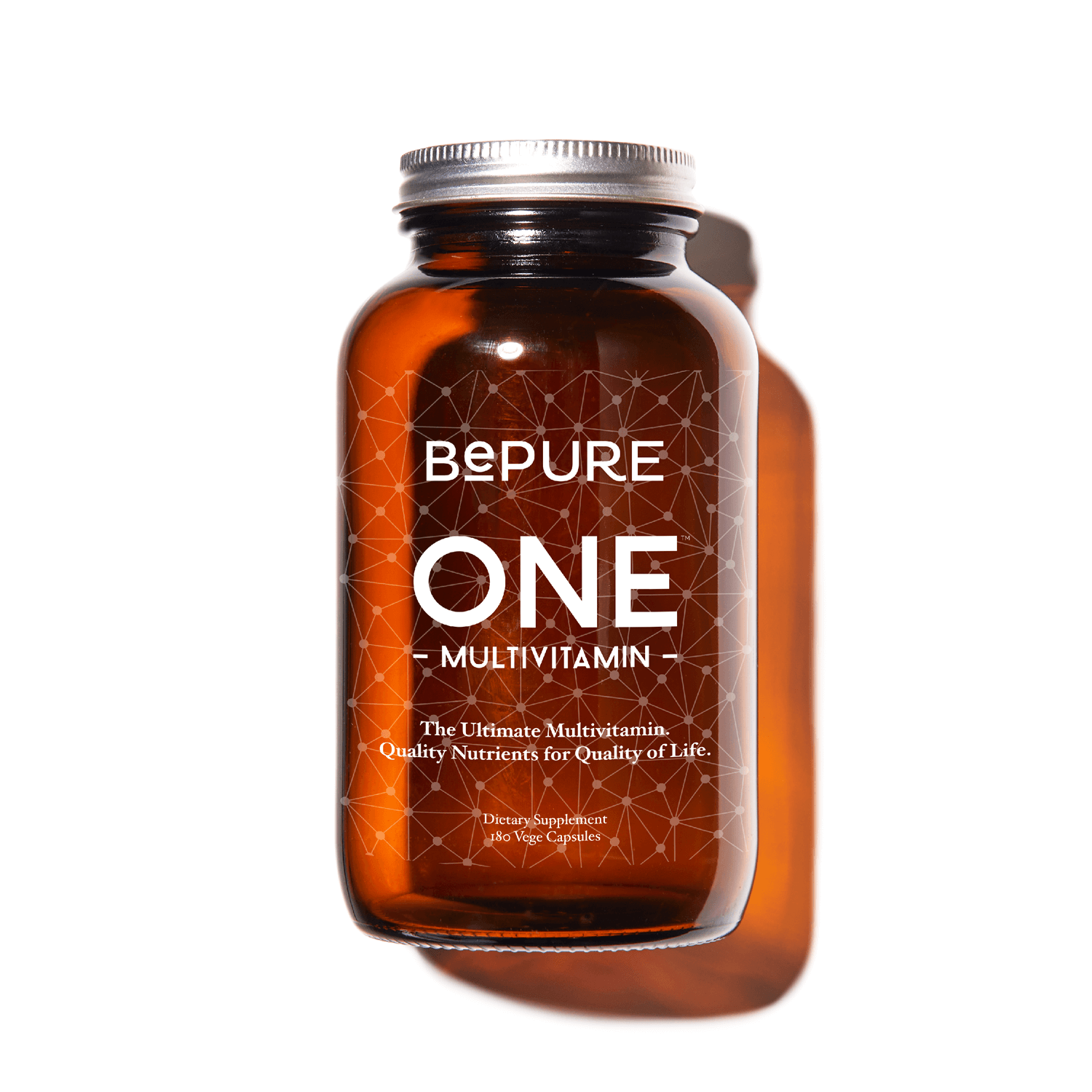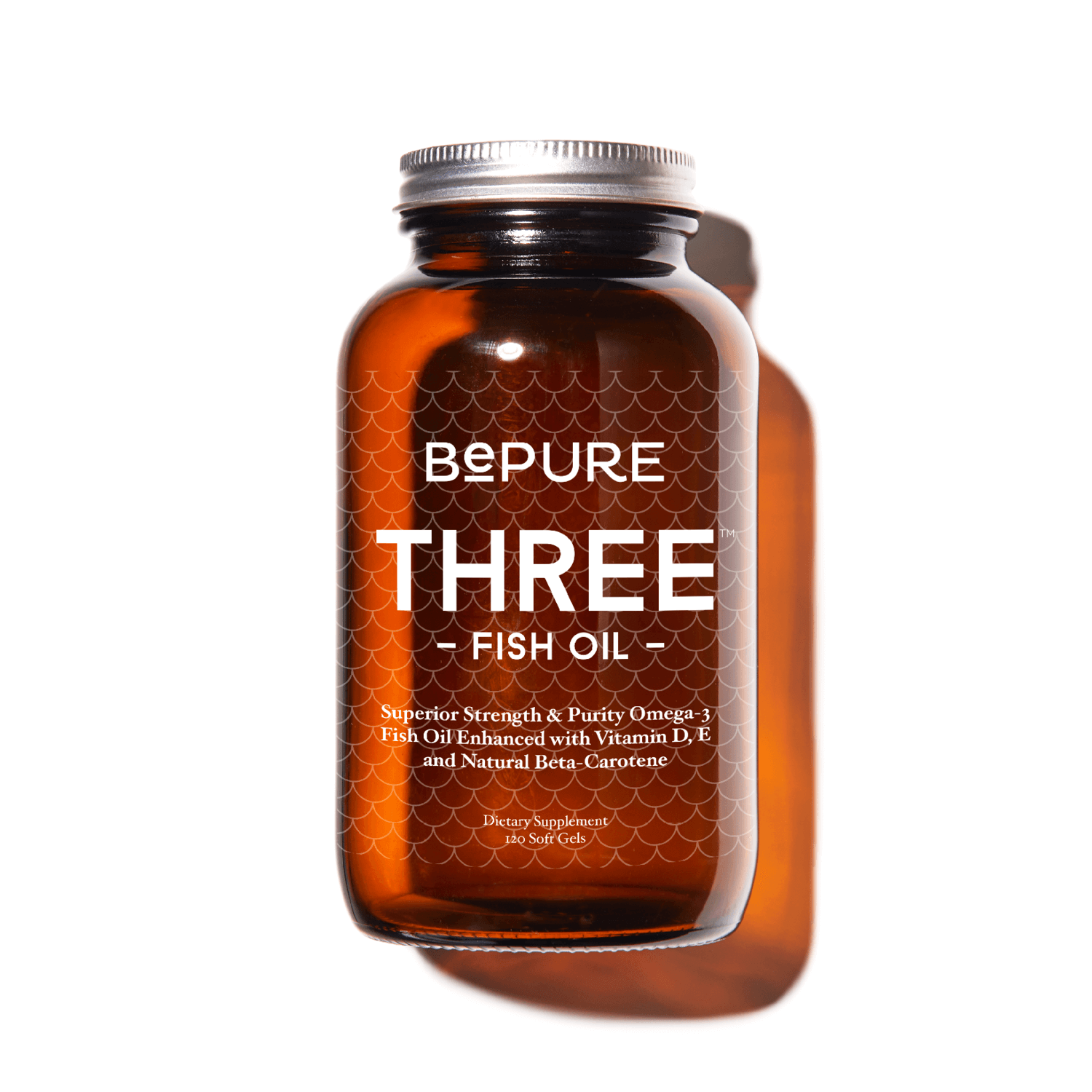"The bottom line with fads is that they are exactly that; a fad."
Meet Lisa Grey, one of our incredible Clinical Consultants in the BePure Auckland Clinic.
After working in the health and fitness industry for the past eight years as a fitness professional, educator, personal trainer and class instructor, Lisa developed a deep love for the amazing interconnection between the body, mind and soul.
With a beautiful, bubbly and ever-curious soul, Lisa is always looking for the 'why' behind our health concerns and finding ways to empower her clients to achieve their long-term health and wellbeing goals.
In this blog, Lisa talks all things ‘fad diets’ and lifestyle trends and how these impact our body, weight, energy and hormones, ultimately looking at how you can reach your optimal weight and unlock energy to live the life you want.\
What fad diets have you come across in your work with clients?
Coming from a gym background, the most common fad trends I have seen include excessive over-training and extreme calorie deficit diets. These diets focus on weight loss alone and have little concern for long term body composition, well being, energy and nutritional status.
The bottom line with fads is that they are exactly that; a fad. In the short term, they offer temporary weight loss results but do not provide long term benefits for overall health, optimal weight and energy. You often see people undertaking fad diets and losing weight now, only to find the weight creeps back on over time. This 'yoyo' dieting can be detrimental to your overall health, wellbeing and body composition.
Why?
Because the number on the scales really means zilch, zip, nothing! What matters more is the attainment of metabolic health via changes to your overall body composition, specifically your bone density, muscle mass and lean tissue.
The problem with fad diets is that because they focus solely on weight loss, they neglect the importance of building or maintaining lean muscle mass tissue, improving body fat percentages and increasing your nutritional status.
Weight loss programmes tend to particularly focus on calories in vs. calories out via portion control and macronutrient counting, all of which are generally unsustainable long term. These programmes often neglect the focus on the nutrients needed for metabolic health and long term healthy body composition.
As humans, we have a profound biochemical need for nutrients, not necessarily calories, and despite the common belief that we need to lose weight to get healthy, we actually need to get healthy to lose weight.
“Despite the common belief that we need to lose weight to get healthy, we actually need to get healthy to lose weight.”
Have any of them worked? Or not worked?
Yes, in the short term. Often, there will be weight loss or some desired effect for a period of time, however, this generally isn’t sustained because the diet is too restrictive or it is detrimental to our physiology in one way or another.
I often refer to ‘fad diets’ as yo-yo dieting, because they often result in repeat dieting episodes, excess body fat, unwanted weight gain, lowered metabolic output, nutrient deficiencies and ultimately less energy. This means that when we diet, we become metabolically more unhealthy and less likely to achieve our health and wellness goals.
“Yo-yo dieting often results in repeat dieting episodes, excess body fat, unwanted weight gain, lowered metabolic output, and nutrient deficiencies.”
I tend to refer to yo-yo dieting to my clients to be like digging a hole. Every time you do a fad diet, you’re digging your hole a little deeper, making it much harder to come back to a metabolically healthy state when the hole is refilled.
Why do you think that following fad diets or what your friends are doing, could be harmful to people’s health?
In the BePure Clinics, we very rarely focus on weight loss as a goal and we know that if you are well nourished, long term weight loss will come as a side effect. Therefore when adopting any new dietary approach we need to remember to ask ourselves;
- Why am I doing this?
- Is this going to nourish me and benefit my hormones, stress levels, health, and wellbeing in the in the long term?
- Can I sustain this way of eating long term - maybe until I’m 80+ years old?
Why do you believe it’s better for people to follow a personalised approach to what they eat?
My generation (Generation Y) has always been told we are unique, and it’s very true from a biochemical standpoint!
Your genetic profile and microbiome are completely unique to you. Your genes tell your cells what do and how to behave, whilst your microbiome is the composition of bacteria, yeasts and parasites that live within you. These are all uniquely influenced by your dietary intake, current and past environments, your mum’s microbiome, when you were born, your stress levels, age and so much more.
The interaction between our unique microbiome and unique genetic make up cannot be replicated. These biochemical interactions within your body are all so unique, that one diet will never suit everyone.
In the BePure Clinics, I have never seen the same Microbiome Test, Organic Acids Test or DUTCH Test twice, and the combination of these three tests will produce a different outcome for each and every client I see.
“We are all completely unique - there is no one else like you!”
What's your macronutrient type? Have you found that you've needed to experiment or fine tune exactly where you sit on the spectrum?
I am a mixed macronutrient profile type; however, when I started at BePure last year, I was a carb type, but not for genetic reasons.
I was battling to break down protein and fats due to digestive issues and needed to improve this. After doing a stool test, some intestinal cleansing and gut restoration work, I now work better on a mixed macronutrient profile and feel more satisfied with this mix of carbs, fats and proteins.
I share this only to highlight how our macronutrient needs can change across time and it is valuable to retest yourself on an annual or bi-annual basis.
So, what does a day of eating with Lisa look like?
Breakfast = Green Smoothie
I start my day with a green smoothie. This is my easy-to-make, go-to breakfast that is full of nutrients to get me going in the morning.
Lunch & Dinner = Protein + Greens
For lunch and dinner, I usually have a palm-size piece of high-quality protein, which could be chicken, beef or fish, accompanied by at least half a plate of leafy greens. In fact, I aim for 9–11 servings of greens a day! We can never have enough greens. Go greens, GO!



